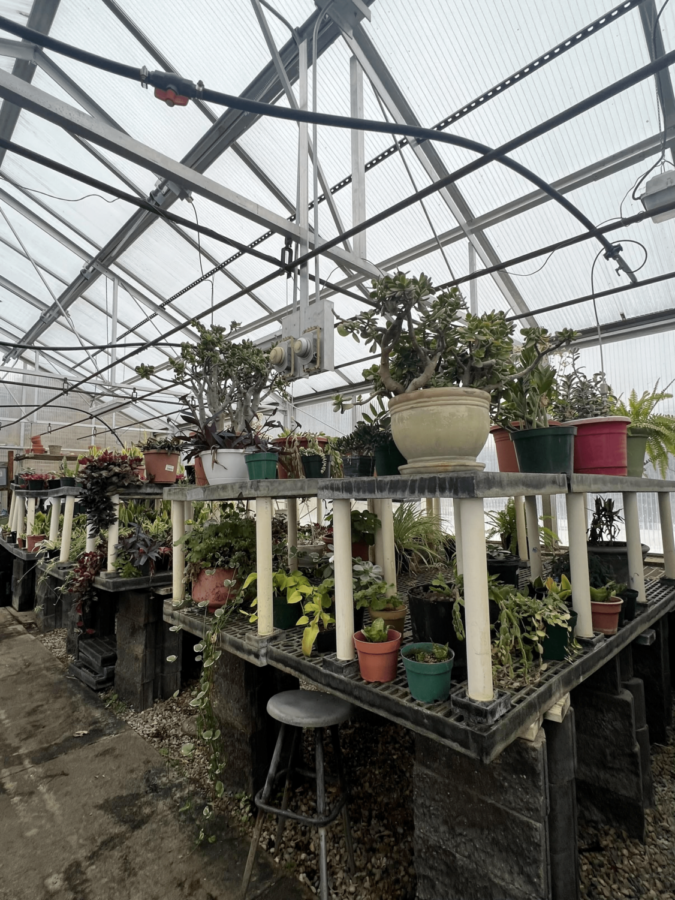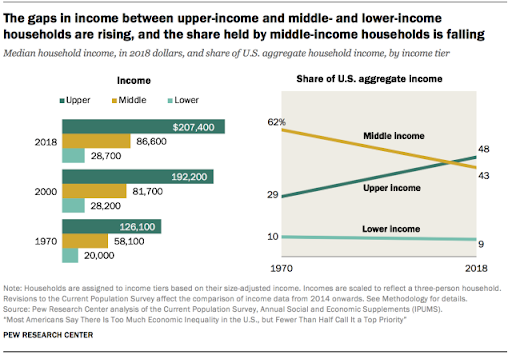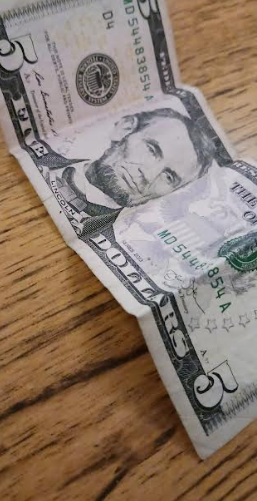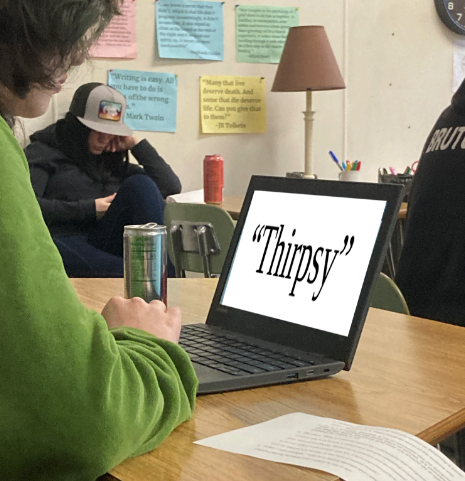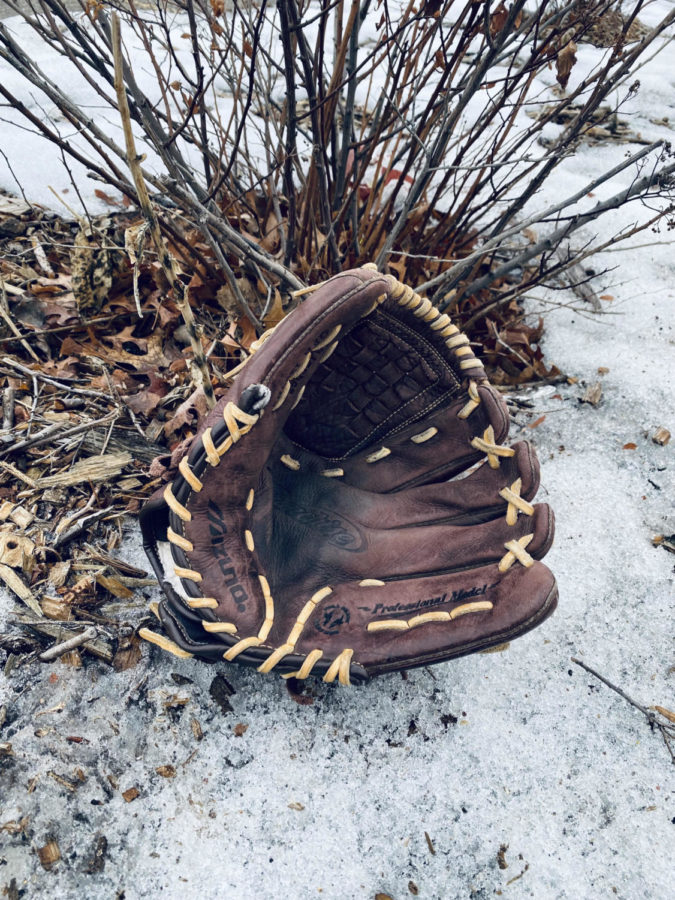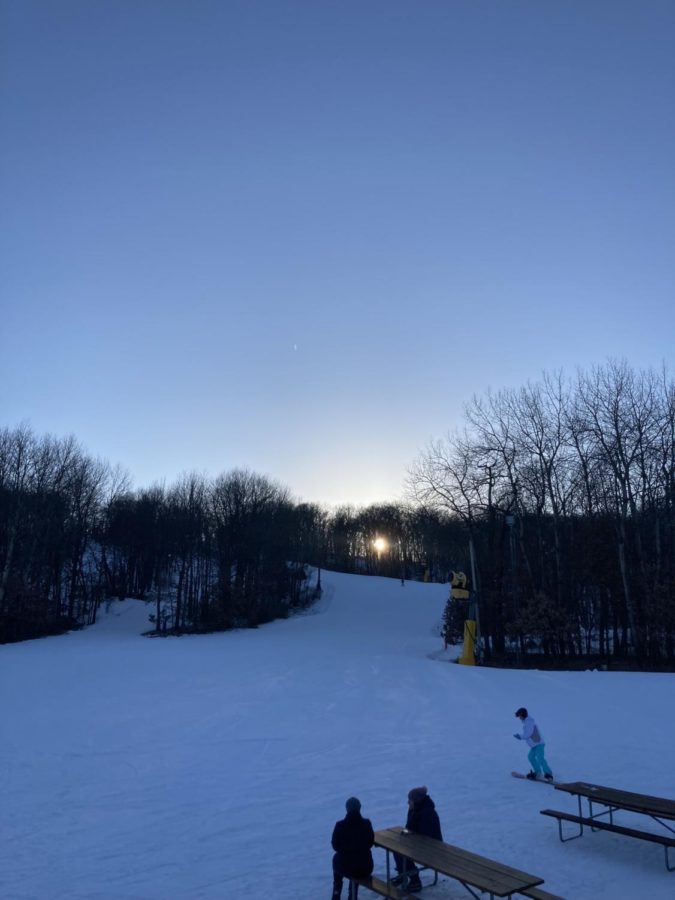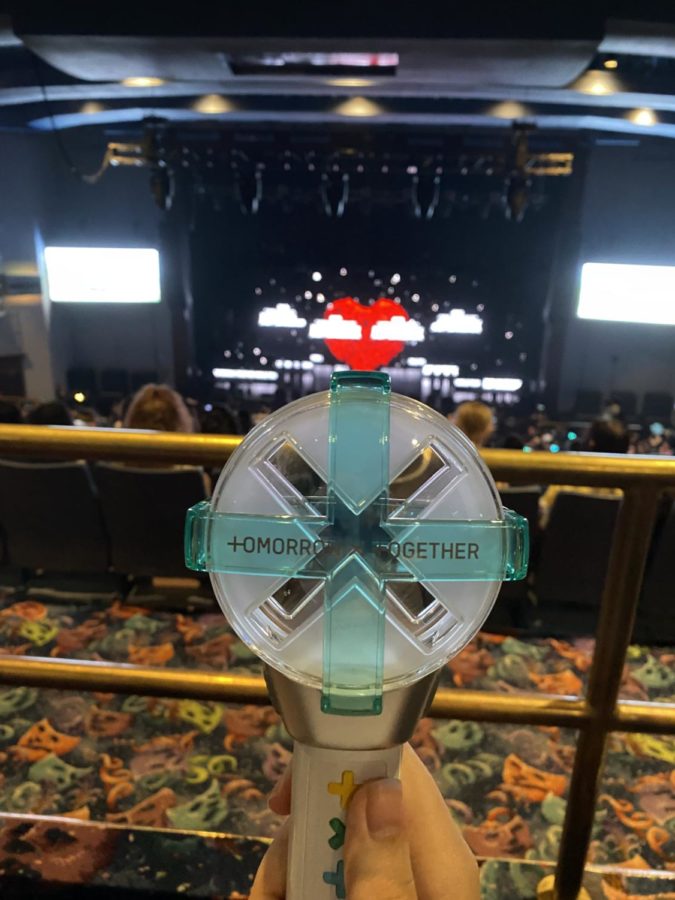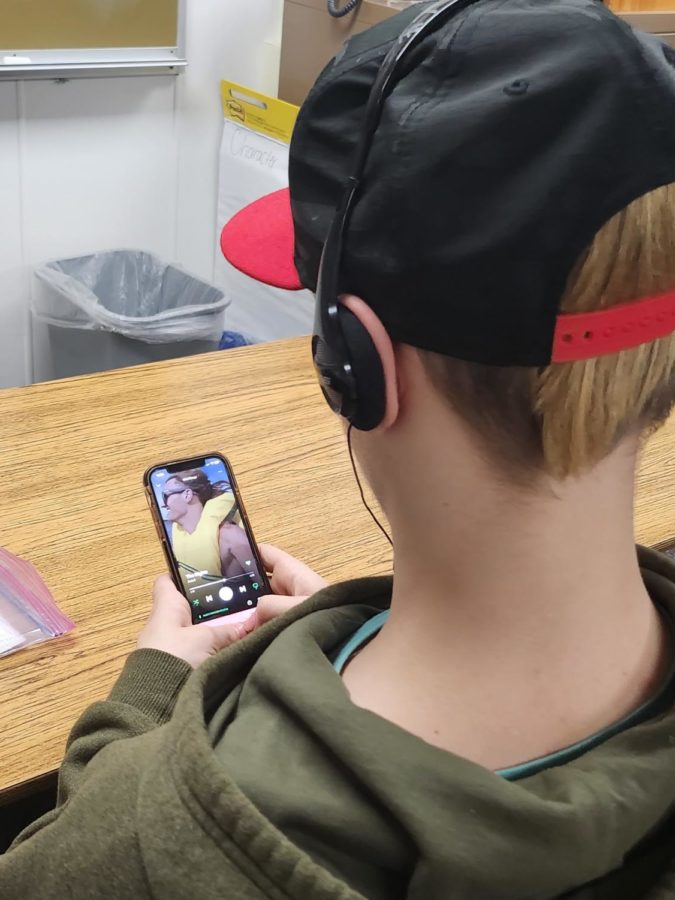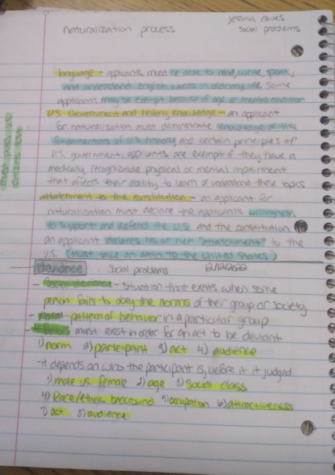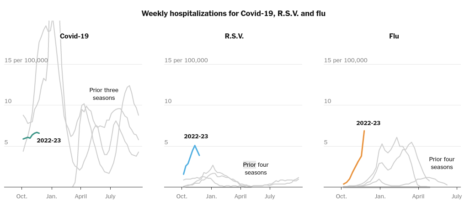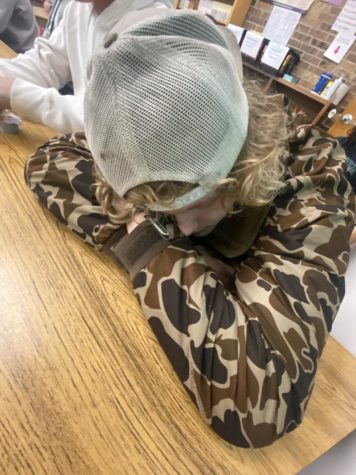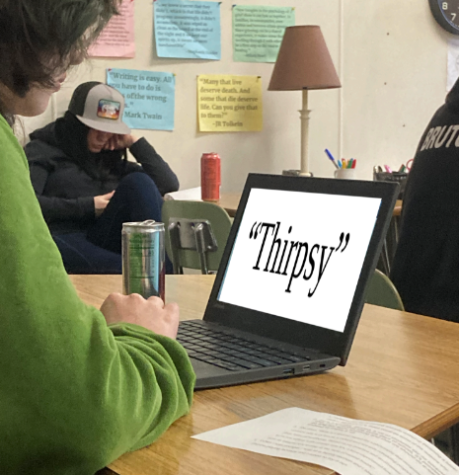Is Seasonal Depression Fake?

No motivation to get out of bed. Photo taken by Grace Mrozinski in Stevens Point, Wisconsin.
January 18, 2023
What Is It?
The end of fall is near and now there’s less sunshine. Have you ever heard of seasonal depression? Seasonal depression is a type of depression that relates to season changes, typically in the winter months. Seasonal depression is real and it negatively affects many people; although many argue that it is not real at all.
Risk Factors
Many people struggle with seasonal depression and it can cause a great struggle. Some even have an increased risk of struggling with this. The Mayo Clinic states, “People who have bipolar disorder are at increased risk of seasonal affective disorder.” People with bipolar disorder can have episodes and certain things can be linked to these episodes such as the change of seasons. “This is especially important if your sleep patterns and appetite have changed, you turn to alcohol for comfort or relaxation, or you feel hopeless or think about suicide,” claims The Mayo Clinic. Many people turn to drugs and alcohol and it can be very grueling to get yourself out of that cycle. It can be difficult with the lack of sunlight in the winter months; if you are needing help there are different options from a healthcare provider.
Seasonal Depression is Real
Many believe that seasonal depression is not real and that there is no difference between depression and seasonal depression. Mehta claims, “The idea of seasonal depression may be strongly rooted in folk psychology, but it is not supported by objective data.” Folk psychology is traditionally used to denote our everyday way of understanding, rationalizing, and mentality. “This decrease in sunlight may disrupt your body’s internal clock and lead to feelings of depression,” states The Mayo Clinic. Sunlight plays a huge role when it comes to seasonal depression. It gets dark earlier in the winter months and that can be difficult for many. Just because there is no cure does not mean that it is not real.
Solutions
There are people reporting that they have or are experiencing seasonal depression. Mehta states, ”In clinical settings, recall of events is often a starting point in formulating diagnoses, but corroboration of self-reports by significant others and retrospective review of records may be of considerable value in supporting or ruling out diagnostic considerations.” People may receive other diagnoses even though whatever options or medications being used can help with seasonal depression. I interviewed an anonymous individual who struggles with seasonal depression to understand their perspective on the topic. I asked if they had ever been on medication and if so, did it help? Anonymous states, “I have been put on medication for depression and anxiety and it’s not something that just instantly puts you in a good mood. You have to still try to get up and do things.” Secondly, I asked anonymous what they do to motivate themselves and get through the day. Anonymous replies, “I try to distract myself a lot. I make myself get up and do something even if it’s just something small such as a coloring book or walking my dogs.” Depression is a very difficult thing to deal with and nobody should have to go through it.
The Big Picture
In conclusion, many suffer from seasonal depression and it is not an easy thing. Some people have a higher risk of suffering from this than others do. During the winter months there is not as much sunlight as there was in the summer months. Thus sunlight plays a huge role in this. When there isn’t as much daylight people can notice changes in their mood. There are medications that you can take to help but it will not be a diagnosis of seasonal depression. Many argue that it is not real although it is and many struggle daily.






